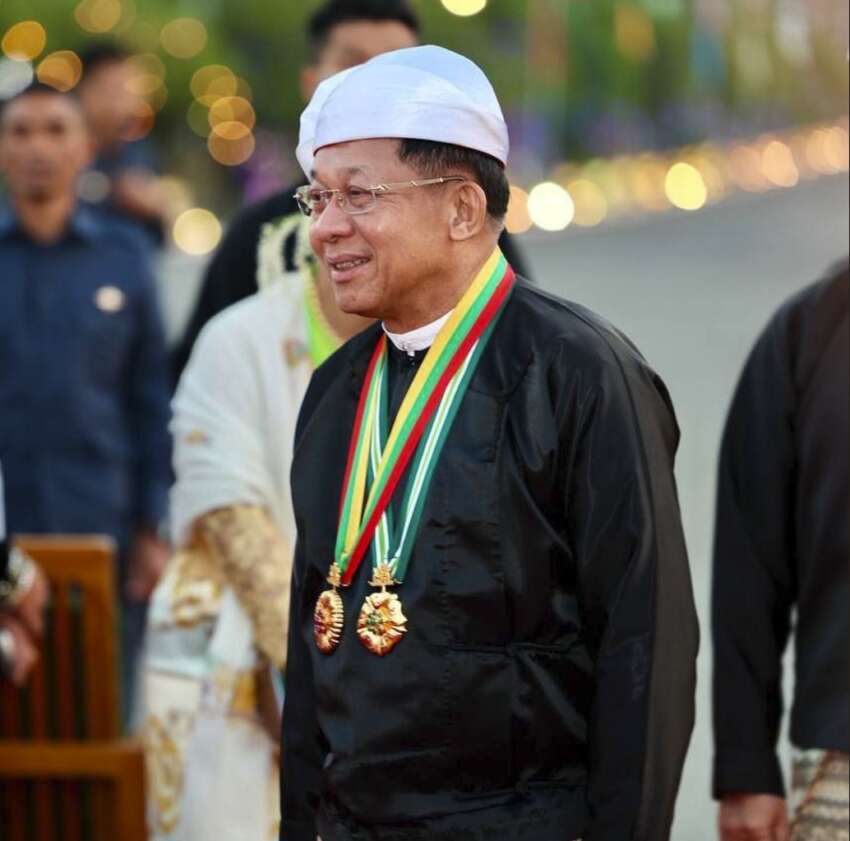
During the second day of the military council meeting in Naypyidaw, Min Aung Hlaing stated that foreign currency exchange rates are rising due to increased foreign currency expenditure caused by various forms of outbound migration from Myanmar. He mentioned that Myanmar imports approximately $5 billion worth of fuel annually, and while electric vehicle imports are permitted, restrictions remain in place due to foreign currency requirements.
According to business leaders, although foreign currency values are increasing, the military council’s strict controls have maintained the exchange rate at around 4,400 kyats per US dollar. While the military has restricted imports and car import permits to control dollar expenditure, the domestic economy is actually collapsing. The business community notes that foreign investment has significantly decreased since the 2021 military takeover, with Japanese companies now preparing to exit from the Thilawa Port and industrial zones.
Currently, foreign currency primarily comes from natural gas and oil revenues, as well as remittances from overseas workers and sailors. The military council employs various policies to control foreign currency outflows, including arresting traders and imprisoning currency dealers to prevent exchange rate increases. The council has established a foreign currency supervision committee led by Mya Tun Oo, which controls all foreign currency usage. This has led to a flourishing trade in import permits, primarily controlled by Min Aung Hlaing’s son Aung Pyae Sone and other military-affiliated individuals.
Wealthy individuals within the country are purchasing condominiums in Thailand and departing, transferring their assets abroad through various means. The domestic economy continues to deteriorate as business activities are severely restricted. The military council’s foreign currency controls, while maintaining a stable exchange rate on paper, mask the underlying economic collapse. Trade surpluses reported by the regime do not reflect the reality of a struggling economy, as imports are artificially restricted and normal business operations are heavily controlled.



